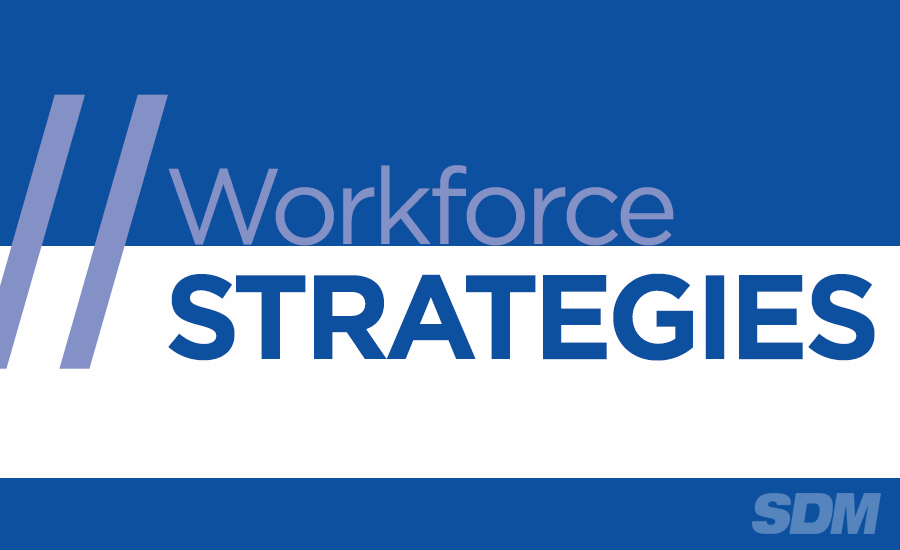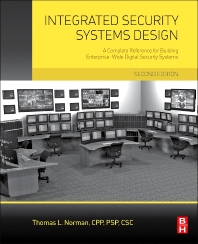When visualizing what a mentor may be, the image of someone of a certain generation pontificating about the “correct” way to do things may be what immediately comes to mind. I would like you to take that image, ball it up and toss it straight out of the window.
A mentor is not defined by age or job title. Mentorship is less about having your own TED Talk and more about guidance for both parties involved. If the opportunity for you to become a mentor should arise, take a moment and keep these tips in mind:
1. Start by finding common ground. There is no guarantee of having a mentee with the same role, interests and/or goals as you, but you and your mentee will likely have some shared experiences. Instead of coming in with your agenda for the session, take time to find where the conversation flows the most naturally. When it feels less like an interview, you will know you can move forward.
2. This one may be hard to swallow, but you don’t know everything. Openness is key to a meaningful mentorship experience. Both parties have valid experiences, opinions and knowledge to share. Remind yourself to be receptive to what the other person is saying, regardless of their years of industry or professional experience. You may be surprised at what you can take away.
3. Keep it consistent. Scheduling your cadence of meetings well ahead of time makes it much easier to hold each other accountable. Schedule changes happen frequently, and it can be difficult to prioritize an unpaid volunteer mentor/mentee relationship, but solidifying a biweekly 45-minute call will be well worth your time.
4. Approach diversity, equity and inclusion (DE&I) topics openly and, as my mother would say, with your listening ears on. Everyone has different life experiences, and that is what makes diversity so valuable. DE&I at its core encompasses diversity of thought. If a mentee or mentor is discussing a topic that touches on difficulties specific to one population or another, be sure to listen first, and not just with the purpose of responding.
5. Create a career or lifelong connection. If your mentor/mentee relationship is part of an official program, it may have an end date assigned, but that does not limit the length of the relationship formed — it is just less formalized after that point! If the mentorship experience has been fruitful for both of you, continue your regular meetings and cultivate something that endures stages of your careers.
Mentorship is what you make of it. If both parties are willing to dedicate the time to getting to know one another beyond their job roles, something meaningful and lasting just might occur. If you are looking to get involved in mentorship, the Security Industry Association’s Talent Inclusion Mentorship Education (TIME) program is a wonderful place to start.
With over 130 mentees in the last three years, TIME focuses on mentorship at any stage of your career and helps both mentors and mentees learn, grow and build impactful connections.






